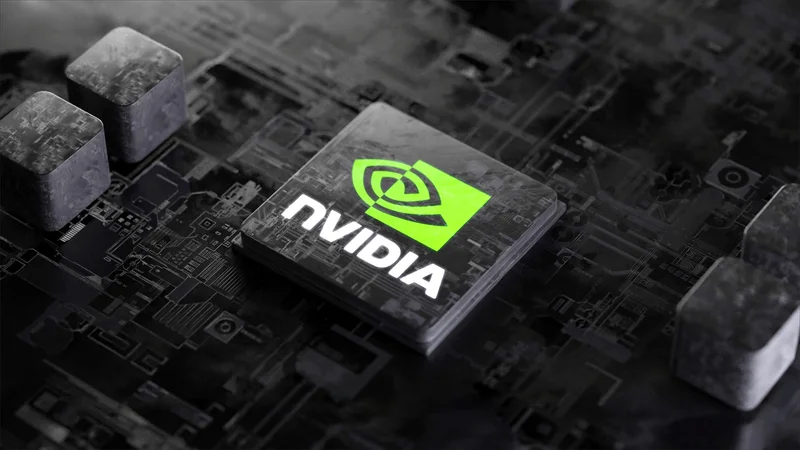Dr. Burry's Doubts vs. Nvidia's Reality: Why This Isn't Just Another Bubble
Michael Burry, the guy who called the housing crisis, is raising red flags about Nvidia and the AI boom. Again. He's saying it's a bubble, pointing to accounting tricks and weird funding deals. I get it; skepticism is healthy. But honestly? I think he's missing the forest for the trees.
Nvidia just reported insane earnings [N/A]. Like, "off the charts" insane, according to CEO Jensen Huang. And Huang directly addressed the "AI bubble" chatter, saying he sees something "very different." He's talking about a fundamental shift, a new era of computing. This isn't just about inflated stock prices; it's about a real, tangible revolution in how we create, innovate, and solve problems. It is worth noting that Thiel's hedge fund sold off its entire roughly $100 million stake in Nvidia [N/A]. Does this mean Burry and Thiel are right? I don't think so.
The Real Revolution Isn't Just About Chips
Burry's focusing on depreciation schedules and the energy efficiency of older chips [N/A]. He's saying customers are flattering their earnings by dragging out depreciation. And sure, those are valid points on a spreadsheet. But they completely miss the transformative power of what Nvidia is enabling.
Think about it this way: the printing press didn't just make books cheaper; it democratized knowledge, sparked the Renaissance, and reshaped society. What if someone back then was just complaining about the cost of ink? They'd miss the entire point.
Nvidia's CUDA software, as CFO Colette Kress pointed out [N/A], extends the life of their GPUs way beyond their original estimates. That's not just clever accounting; it's a testament to the incredible software ecosystem they've built. It’s like having a car that keeps getting software updates to perform better and better.

Burry also questions the "give-and-take deals" between Nvidia, OpenAI, Microsoft, and Oracle [N/A], suggesting the "true end demand is ridiculously small." Is it? I don't know. It's tough to get a clear picture. But what if that "small" demand is the seed that grows into something massive? What if these partnerships are laying the foundation for breakthroughs we can't even imagine yet?
And let's address the stock buybacks. Burry argues that Nvidia has bought back nearly $113 billion worth of stock since the start of 2018, yet it has 47 million more shares outstanding [N/A]. He claims the true cost of stock-based compensation dilution was $112.5 billion, reducing owner's earnings by 50%. Okay, that's a lot of numbers. But what if that investment in employees is what fuels the innovation that keeps Nvidia at the forefront? What if it's an investment in the future, not just a balance sheet manipulation?
The speed of this is just staggering—it means the gap between today and tomorrow is closing faster than we can even comprehend. When I first saw the demo of Nvidia's Blackwell architecture, I honestly just sat back in my chair, speechless.
And, okay, let’s be real: there’s a huge responsibility that comes with this kind of power. We need to be mindful of the ethical implications of AI, the potential for misuse, and the need for equitable access. But that doesn’t mean we should stifle innovation out of fear. It means we need to guide it, shape it, and use it for the betterment of humanity.
